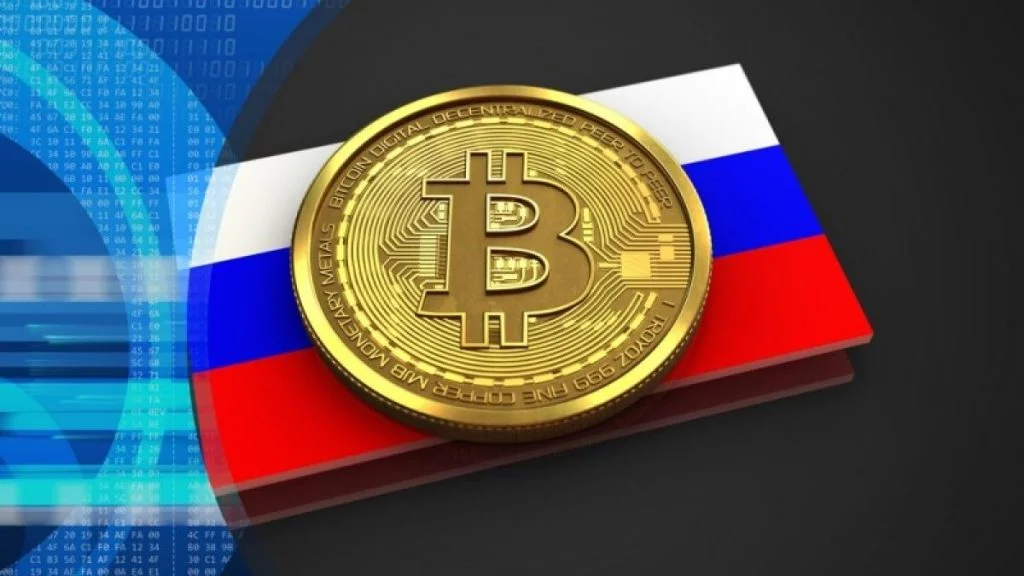More and more signals from Russian authorities lead to a growing recognition of cryptocurrencies as a tool for international payments. In the past, the central bank has been adamant about crypto payments in Russia.

Russia is open to international cryptocurrency payments
Russia’s central bank hinted that an easing of its ban on digital currencies could soon come, and spoke positively. On Tuesday, a central bank official said he was open to allowing cryptocurrencies to be used for cross-border payments.
According to a Reuters report, the Central Bank’s first deputy governor Ksenia Yudayeva said that the bank sees relatively high risks from the wider use of cryptocurrencies. He reiterated that as a regulator, the bank sees the risks of using cryptocurrencies.
“Russia’s central bank is open to allowing the use of crypto for international payments.”
The first lieutenant governor also said that risks to the country’s financial stability have diminished recently. He cited “sufficient foreign currency liquidity” at the banks as the reason for the decline.
The comment comes after Ivan Chebeskov, head of the Department of Fiscal Policy at Russia’s Treasury Ministry, made a similar comment. He said last week that the country is considering allowing the use of cryptocurrencies for international payments.
Additionally, reports last month indicated that the country’s new cryptocurrency law included encouraging changes. The bill proposed that digital currencies could be accepted as means of payment other than the monetary unit of the Russian Federation.
Initial Central Bank Resistance
Earlier this year, in February, the Central Bank of Russia spoke out against the use of cryptocurrencies. At the time he claimed he had the hallmarks of a pyramid scheme.
The Central Bank of Russia believes that cryptocurrency can be a tool for illegal financial transactions and therefore recommends banning its use and mining activities, he explained.
The recent turn of events, including Russia’s invasion of Ukraine and subsequent financial sanctions, bode well for the country’s cryptocurrency adoption.
